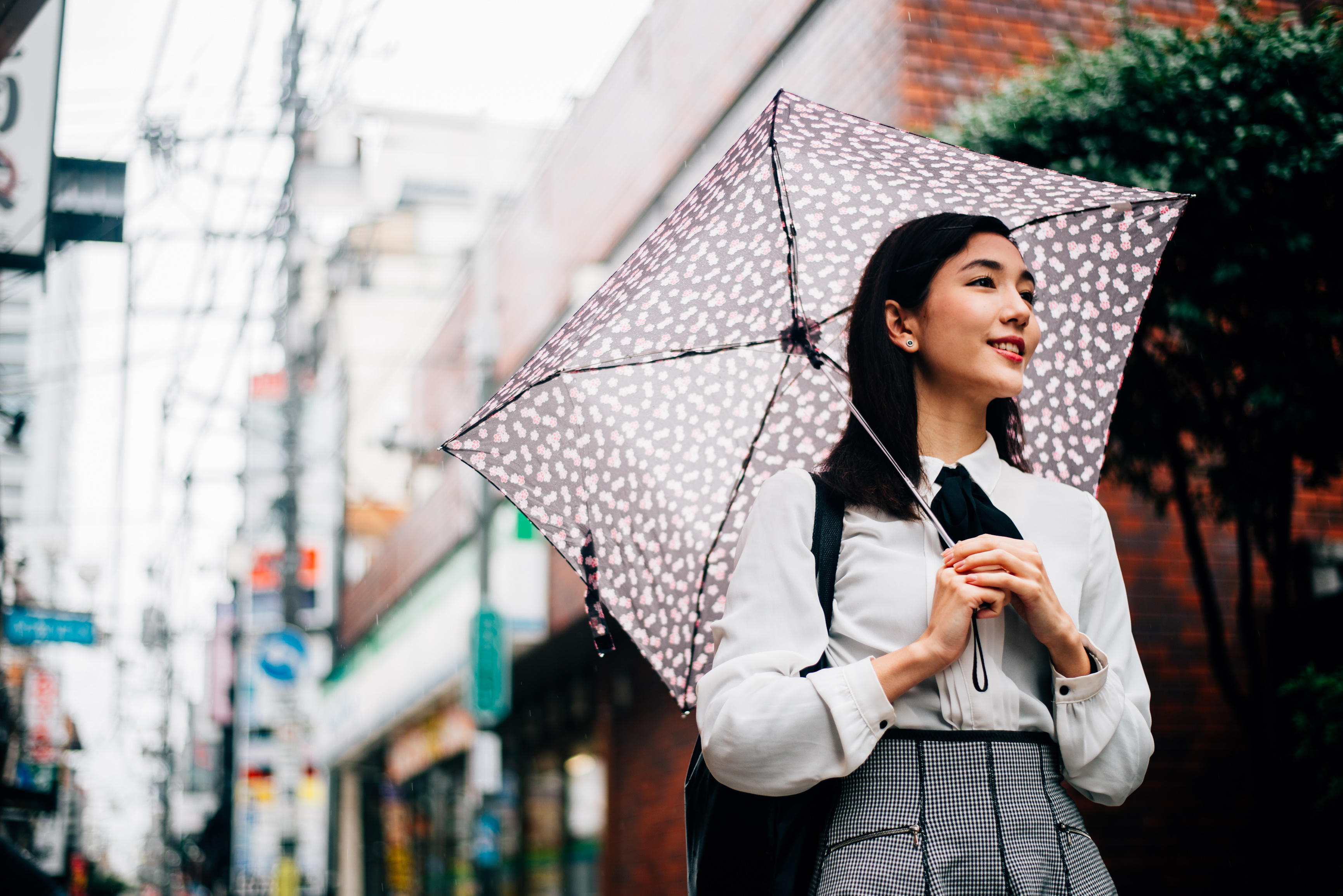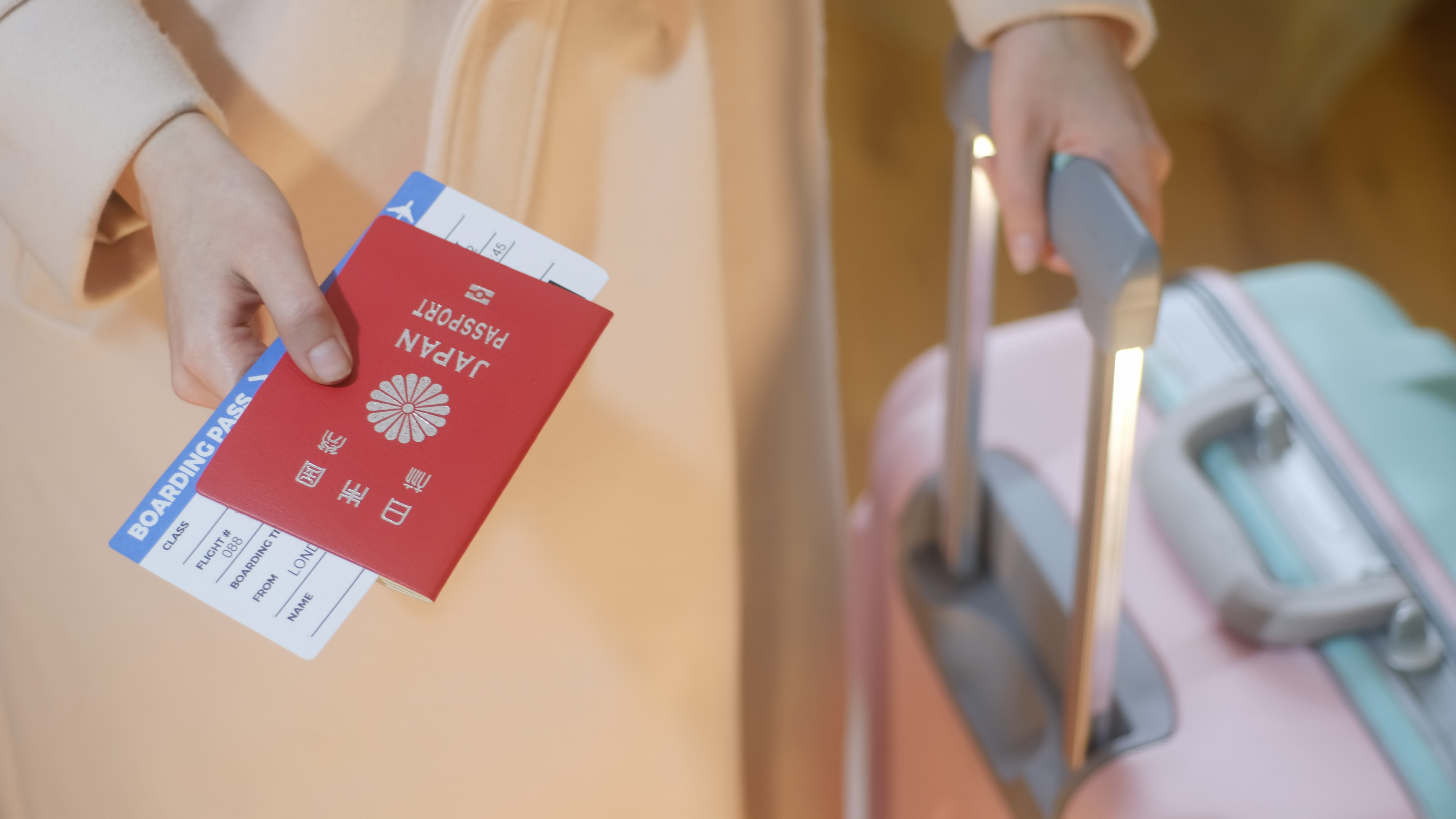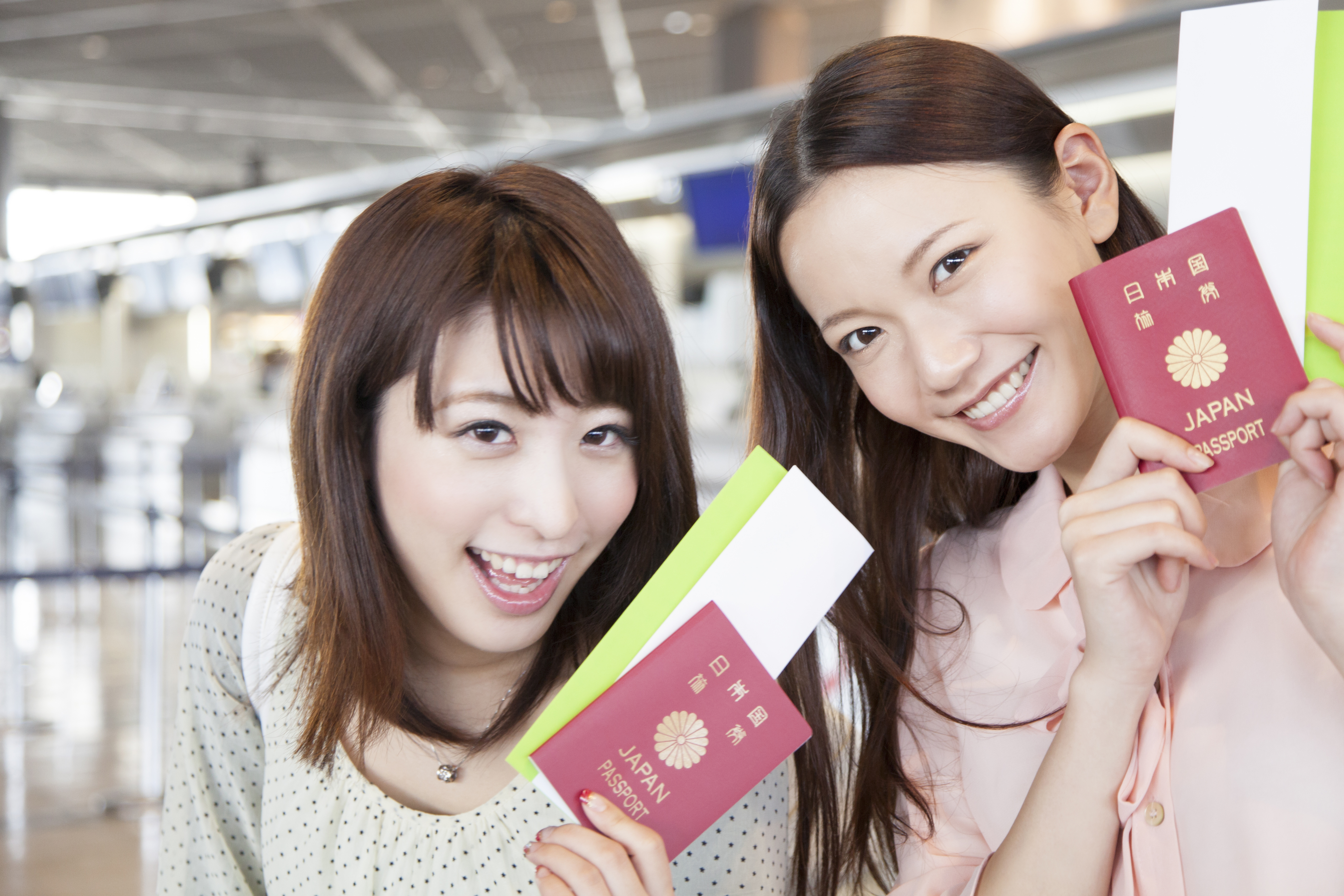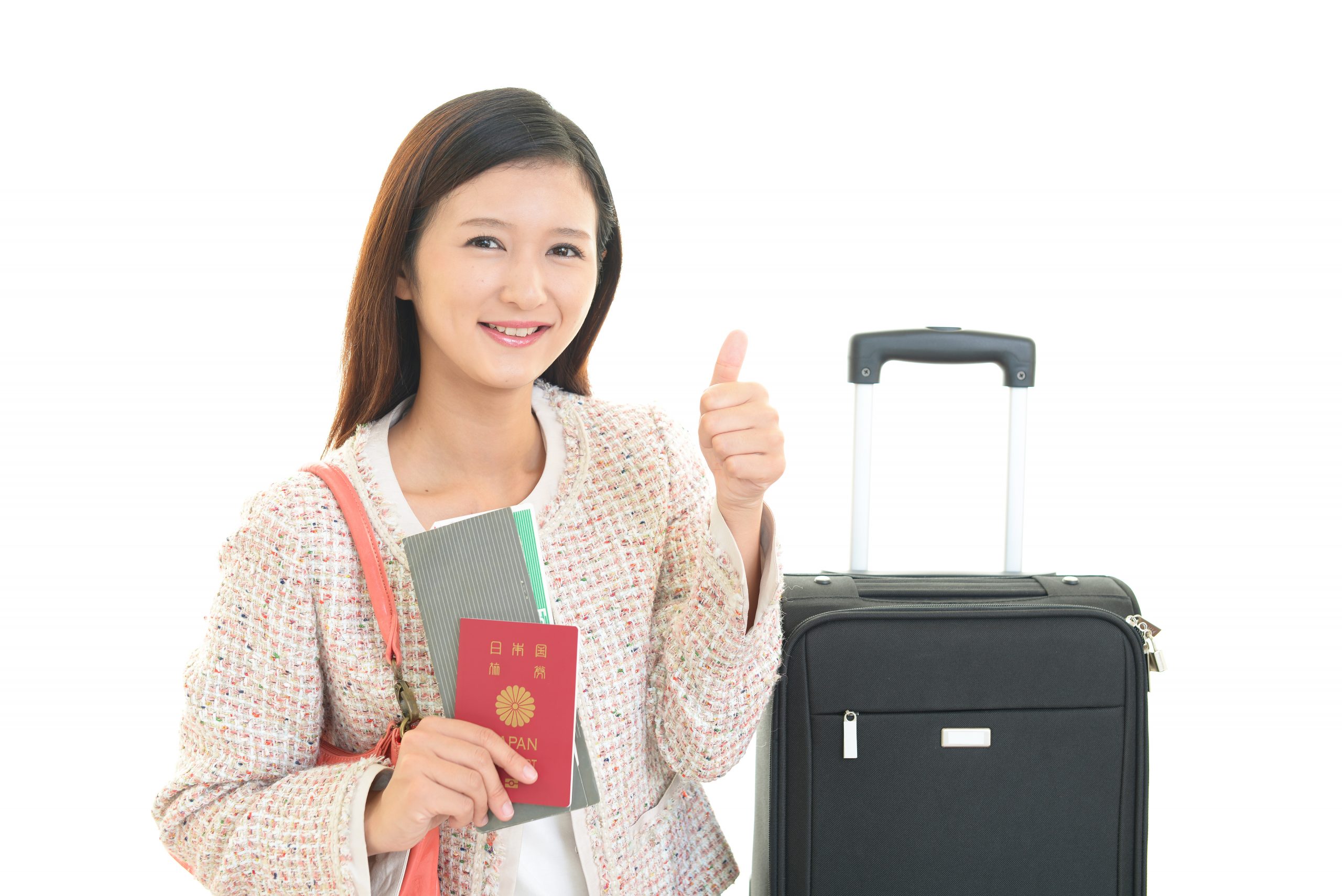Vietnam e-Visa for Japanese Citizens: Maximizing Application Success
Are you a Japanese citizen planning to visit Vietnam and wondering about the best way to secure your e-visa with a high success rate? The process of obtaining a Vietnam e-visa can be somewhat unpredictable, as not all applications are approved by the government. However, there are steps that Japanese citizens can take to increase their chances of success.
Are Japanese citizens exempted from Vietnam visa?
Yes, Japanese citizens are indeed exempted from obtaining a visa for entering Vietnam for a period of up to 45 days. This exemption allows Japanese travelers to explore the rich cultural tapestry and natural beauty of Vietnam without the hassle of acquiring a visa for a short visit.
Are Japanese citizens eligible to apply for a Vietnam e-visa?
Absolutely! Japanese citizens are eligible and encouraged to apply for a Vietnam e-visa, which presents a convenient and efficient alternative for those planning to stay in Vietnam for more than 45 days. With the introduction of the Vietnam e-visa, travelers from Japan can seamlessly extend their stay and delve deeper into the enchanting allure of this Southeast Asian gem.
Benefits of the Vietnam e-visa for Japanese citizens
- Apply Online: The Vietnam e-visa can be easily applied for online, eliminating the need for a physical visit to the embassy or consulate. This streamlined process saves time and ensures a hassle-free application experience for Japanese citizens.
- Convenient Entry and Exit Points: Holders of the Vietnam e-visa can make use of the 13 airports, 16 land border gates, and 13 sea border gates designated for e-visa entry and exit. This extensive network of entry and exit points provides unparalleled convenience and flexibility for travelers from Japan.
- Cost-Effective: The Vietnam e-visa offers a cost-effective solution for Japanese citizens, as it eliminates the need for traditional visa application fees and related expenses. This translates to significant savings for those planning an extended stay in Vietnam.
- Time-Saving: With the simplified application process and the ability to apply online, Japanese travelers can save valuable time and energy, allowing them to focus on planning their Vietnam adventure rather than navigating complex visa procedures.
- Transparency: The Vietnam e-visa system is designed to offer transparency and clarity throughout the application process, ensuring that Japanese citizens have access to all necessary information and requirements with ease.
- Extended Validity: Unlike the previous rule, which limited the validity to 30 days with single entry, the Vietnam e-visa now allows for a maximum stay of up to 90 days with the option for single or multiple entries. This extended validity adds a layer of flexibility for Japanese citizens exploring Vietnam.
How Much Does It Cost for Japanese Citizens to Get an E-Visa to Vietnam?
For Japanese citizens planning to visit Vietnam, the e-visa fees are as follows:
- Single-entry E-Visa (Valid for up to 30 days): Japanese citizens are exempted from a visa for 45 days, so there is no need to apply for this type of e-visa, which costs US$25.
- Multiple-entry E-Visa (Valid for up to 30 days): Similar to the single-entry e-visa, Japanese citizens are exempted from a visa for 45 days, making this e-visa unnecessary at a cost of US$50.
- Single-entry E-Visa (Valid for up to 90 days): Japanese citizens can apply for this e-visa at a cost of US$25.
- Multiple-entry E-Visa (Valid for up to 90 days): For Japanese citizens planning to visit Vietnam for an extended period, the multiple-entry e-visa is available at a cost of US$50.
It’s important to note that the e-visa fees for Japanese citizens are non-refundable in any case. Therefore, it’s crucial to ensure that all the application requirements are met before submitting the e-visa application.
Refund Policy for Japanese Citizens Applying for an E-Visa to Vietnam
In the event that an e-visa application is denied, Japanese citizens should be aware that there is no refund policy in place for the e-visa fees. This means that the fees paid for the application are non-refundable, regardless of the outcome of the application.
To avoid any inconvenience or financial loss, Japanese citizens are advised to carefully review the e-visa application requirements and ensure that all the necessary documents and information are provided accurately. By doing so, applicants can increase their chances of a successful e-visa approval and avoid the disappointment of a denied application.
Vietnam E-Visa for Japanese: Government Website vs. Reputable Agencies
With the option to apply for an e-visa online, individuals have the choice between using the government website or seeking the services of reputable agencies. Each option comes with its own set of advantages and considerations, so let’s explore the differences to help Japanese citizens make an informed decision.
Government Website:
- Lower Fees: The government website offers a cost-effective solution for Japanese citizens applying for a Vietnam e-visa. The fees are generally lower compared to those charged by reputable agencies.
- Do-It-Yourself: Using the government website means that applicants will be responsible for navigating the e-visa application process independently. While this option may be suitable for those comfortable with online forms and procedures, it may not provide the level of support that some individuals desire.
Reputable Agencies:
- Expert Assistance: Reputable agencies specializing in visa services offer Japanese citizens the expertise and support needed to ensure a smooth e-visa application process. Their experience and knowledge can significantly increase the chances of approval and timely delivery of the e-visa.
- Prompt Support: In addition to handling the application process, reputable agencies provide prompt online support to address any queries or concerns that Japanese citizens may have. This level of assistance can alleviate potential stress and uncertainty associated with the application process.
Key Considerations for Japanese Citizens:
- Time Sensitivity: Japanese citizens with limited time to navigate the e-visa application process may benefit from the services of reputable agencies. These agencies can expedite immigration clearance and offer assistance for urgent visa requirements, providing peace of mind to travelers.
- Convenience and Additional Services: Reputable agencies often extend their support beyond the e-visa application, offering services such as airport pickup and other travel arrangements. For Japanese citizens seeking a hassle-free travel experience, this added convenience can be invaluable.
How Long Does It Take for Japanese Citizens to Get E-Visa Approval?
For Japanese citizens applying for a Vietnam e-visa, the processing time typically ranges from 3 to 5 working days. However, it’s essential to note that during peak seasons, the processing time may be extended. It’s advisable to apply for your e-visa well in advance to avoid any last-minute hassles.
What Are the National Holidays in Vietnam to Note for Japanese Citizens?
It’s crucial for Japanese citizens to be aware of the national holidays in Vietnam, as the Immigration of Vietnam does not process e-visa applications on these days. The national holidays to note for Japanese citizens are as follows:
- New Year’s Day (January 01)
- Tet Holiday
- Hung Kings Commemoration Day
- Reunification Day (April 30)
- Labor Day (May 01)
- National Day (September 02)
It’s important to plan your e-visa application around these holidays to ensure that there are no delays in the processing of your visa.
What Japanese Citizens Should Prepare to Apply for a Vietnam E-Visa?
Before you begin the application process, it’s crucial to have all the necessary documents and information ready. Here’s a comprehensive list of what Japanese citizens need to prepare to apply for a Vietnam e-visa:
- Valid Passport: Ensure that your Japanese passport has at least 6 months of validity remaining and at least 2 blank pages for stamping upon entry and exit from Vietnam.
- Personal Information: Prepare your full name, gender, date of birth, place of birth, passport number, and nationality.
- Valid Email Address: You will need a valid email address to receive communication regarding your e-visa application.
- Valid Credit/Debit Card: Have a valid credit or debit card ready for the payment of the e-visa processing fee.
- Temporary Address in Vietnam: Provide the address of your planned hotel or accommodation in Vietnam.
- Purpose of Visit: Clearly state the purpose of your visit to Vietnam, whether it’s for tourism, business, or other reasons.
- Planned Entry and Exit Dates: Specify the dates when you intend to enter and exit Vietnam.
- Intended Entry and Exit Points/Airports: Indicate the airports or points of entry and exit in Vietnam.
- Current Occupation and Employer Information: Include details of your current occupation, including the name and address of your employer, as well as the company’s phone number.
What do Japanese citizens need to upload for the Vietnam e-visa application?
When applying for a Vietnam e-visa, Japanese citizens are required to upload a recent portrait photo and a scanned copy of the passport data page. These two documents are critical for the application process and must meet specific requirements to be accepted.
Requirements for the Scanned Copy of the Passport Data Page
When submitting the scanned copy of the passport data page for the Vietnam e-visa application, Japanese citizens must ensure that the document meets the following requirements:
- Full Page: The scanned copy must include the entire passport data page, capturing the photo, personal details, and ICAO lines in their entirety.
- Clarity and Legibility: The scanned copy should be clear and legible, with all information easily readable.
- Validity: The passport data page must be current and not expired at the time of application.
Portrait Photo Requirements
In addition to the scanned passport data page, Japanese citizens must also upload a recent portrait photo that meets the following specifications:
- Size: The portrait photo should be in passport size, measuring 4x6cm.
- Appearance: The applicant should be facing the camera directly, with a neutral expression and no visible facial obstructions.
- Attire: It is recommended that the applicant does not wear glasses in the photo.
How do Japanese citizens apply for a Vietnam E-Visa?
Now that you have all the necessary information and documents ready, it’s time to navigate the application process for your Vietnam e-visa. Here’s a step-by-step guide on how to apply for a Vietnam e-visa as a Japanese citizen:
- Visit the Official Government Website: Access the official website designated for Vietnam e-visa applications. Ensure that you are using a secure and trusted website to avoid any potential scams or fraudulent activities.
- Create an Account: If required, create an account on the e-visa application portal using your email address and a secure password.
- Fill in the Application Form: Provide all the requested personal information, including your full name, gender, date of birth, passport details, and nationality. Enter accurate and up-to-date information to avoid any delays or issues with your application.
- Provide Travel Details: Input your planned entry and exit dates, as well as the intended entry and exit points or airports in Vietnam. Also, specify the purpose of your visit, whether it’s for tourism, business, or other reasons.
- Enter Occupation Information: Include details of your current occupation, employer’s name and address, and the company’s phone number.
- Upload Supporting Documents: If requested, upload scanned copies of your valid passport, passport-sized photograph, and any other required supporting documents.
- Make the Payment: Use your valid credit or debit card to pay the e-visa processing fee. Ensure that you are making the payment on a secure and encrypted payment gateway.
- Review and Submit: Carefully review all the information provided in the application form for accuracy and completeness. Once satisfied, submit your application.
- Receive Confirmation and E-Visa: After the processing period, you will receive a confirmation email with your approved e-visa attached. Download and print a copy of your e-visa to carry with you during your travels to Vietnam.
- Entry and Exit: Upon arrival in Vietnam, present your printed e-visa to the immigration authorities for verification. Similarly, when departing Vietnam, ensure to have your e-visa ready for inspection.
How do Japanese citizens check their e-visa status?
Once the Vietnam e-visa application has been submitted, Japanese citizens can easily check the status of their e-visa using the following step-by-step instructions:
- Visit the official website: Go to the official website of the Vietnam Immigration Department.
- Navigate to the E-Visa Status Check: Look for the section dedicated to checking the e-visa status.
- Enter Application Details: Input the required application details, such as the application ID and passport number.
- Check Status: After entering the necessary information, click on the “Check Status” button to view the current status of the e-visa application.
By following these simple steps, Japanese citizens can stay informed about the progress of their Vietnam e-visa application and prepare for their upcoming trip with confidence.
What should Japanese citizens do to increase the success rate of e-Visa applications?
For Japanese citizens seeking to boost the success rate of their Vietnam e-visa applications, there are several key steps to consider:
- Attention to Detail: Ensure that all information provided in the application form is accurate and matches the details on your passport. Any discrepancies could lead to delays or even rejection of the application.
- Complete Documentation: Submit all required documents, such as passport scans and photographs, in the specified format and size. Missing or inadequate documentation can result in the application being rejected.
- Understanding Local Rules: Familiarize yourself with the specific requirements and regulations for Vietnam e-visa applications. This will help you avoid common pitfalls and ensure that your application meets all necessary criteria.
- Professional Assistance: Consider engaging the services of a reputable agency with expertise in handling Vietnam e-visa applications for Japanese citizens. These agencies are well-versed in the local rules and can guide you through the process with a high success rate.
Hassle-Free, On-Time, and Guaranteed Approval for Japanese Citizens
If you’re in a rush or simply want to avoid the potential frustration of navigating the e-visa application process on your own, there is a hassle-free solution. By enlisting the services of a trusted agency, Japanese citizens can benefit from a streamlined and efficient experience. These agencies offer simple form submissions, easy document uploads, and friendly support, all aimed at ensuring a hassle-free application process.
Moreover, reputable agencies boast an impressive success rate of 99.9% in securing Vietnam e-visas for Japanese citizens. By entrusting your application to these professionals, you can enjoy peace of mind knowing that your e-visa process is in capable hands.
Securing an Urgent Visa to Vietnam for Japanese Citizens
In certain situations, Japanese citizens may find themselves in need of an urgent e-visa to Vietnam. Whether it’s a last-minute travel plan or an unforeseen circumstance, there are options available to expedite the visa acquisition process.
Reputable agencies specializing in Vietnam e-visas for Japanese citizens offer expedited services, including same-day, 4-hour, and 2-hour processing options. This means that even in urgent scenarios, Japanese travelers can obtain their e-visas promptly and without unnecessary delays.
What should be done for Japanese Citizens after receiving e-visa approval? Your Checklist
Once you’ve received your Vietnam e-visa approval, there are a few essential steps to take to ensure a hassle-free entry into the country. Here’s a checklist for Japanese citizens:
- Double-Check Your E-Visa: Upon receiving your e-visa approval, carefully review the document to ensure that there are no errors or mistakes. It’s crucial to verify that all the information matches your passport details to avoid any issues upon arrival.
- Print a Copy of Your E-Visa: It’s mandatory for Japanese citizens to print a physical copy of their e-visa approval. You’ll be required to present this document to the immigration authorities upon arrival in Vietnam. Having a printed copy ensures a smooth entry process without any delays.
- Familiarize Yourself with Entry Requirements: Before traveling to Vietnam, Japanese citizens should familiarize themselves with the entry requirements, such as the duration of stay permitted with the e-visa and any additional documentation that may be required at the port of entry.
- Plan Your Travel Itinerary: Once your e-visa is approved, it’s time to plan your travel itinerary within Vietnam. Whether you’re exploring the bustling streets of Hanoi, the serene beauty of Ha Long Bay, or the vibrant city of Ho Chi Minh, having a well-planned itinerary will enhance your travel experience.
- Stay Informed About Local Customs and Etiquette: As a visitor to Vietnam, it’s essential for Japanese citizens to be mindful of local customs and etiquette. Understanding the cultural nuances of the country will ensure that you have a respectful and enriching travel experience.
Conclusion
While the process of obtaining a Vietnam e-visa as a Japanese citizen may seem daunting, there are proactive measures that can significantly increase your chances of success. By paying attention to detail, seeking professional assistance, and considering expedited processing options, you can navigate the e-visa application process with confidence and ease. With the support of a reputable agency, you can ensure a hassle-free experience and secure your e-visa with guaranteed approval, allowing you to focus on the excitement of your upcoming trip to Vietnam.




